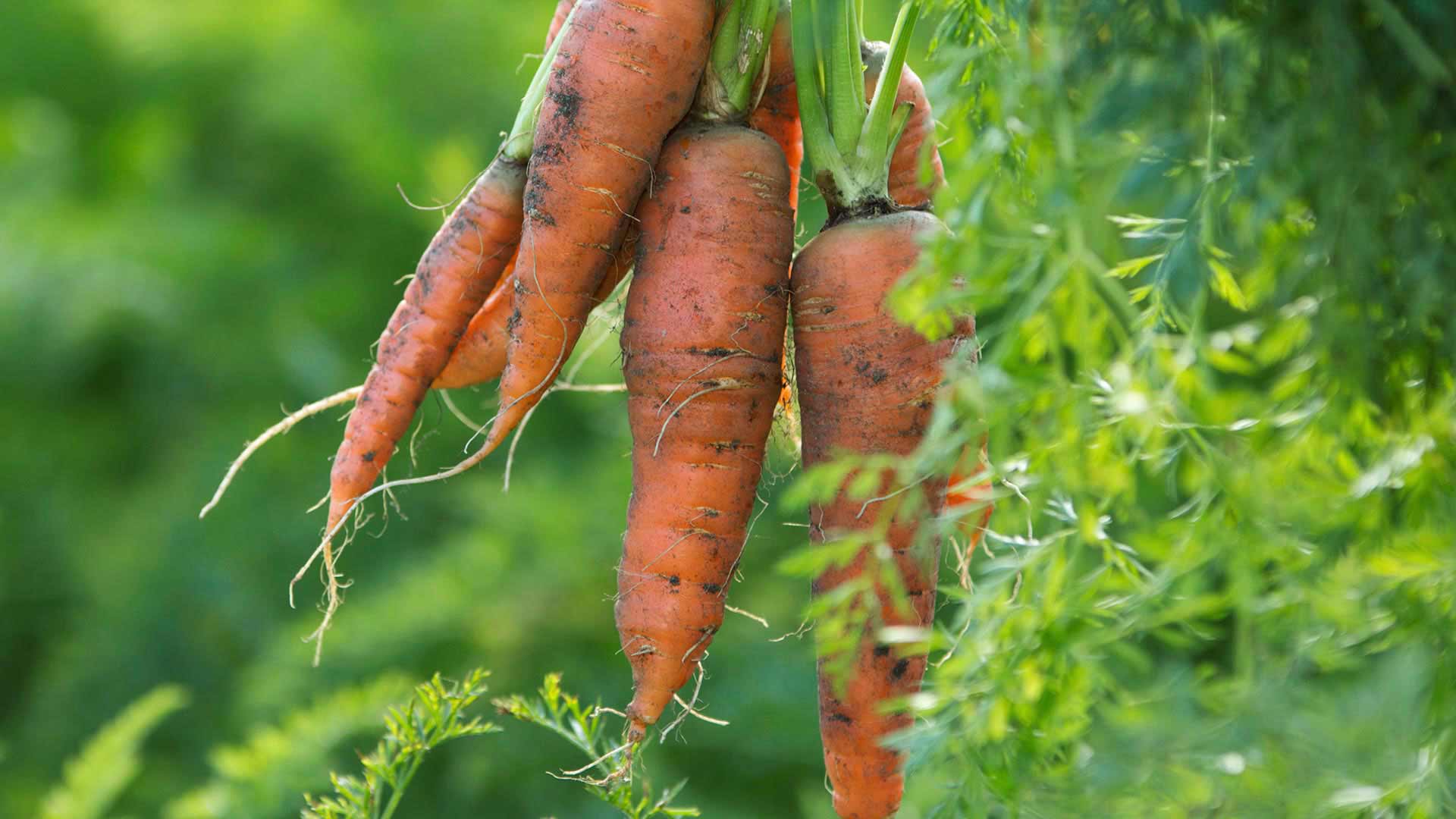Fall Vegetable Plants for Colder Mediterranean Climates

Here are three cool-season vegetables that tolerate light frost, making them ideal for fall planting in colder Mediterranean climates:
Parsley. Ideal conditions for growing parsley are full sun at temperatures of about 75° F to 80° F, but parsley grows well in daytime temperatures from about 65° F to 85° F. When planting in fall, be sure to do so in an area that will remain sunny during short winter days. Parsley tolerates light frost and short overnight freezes. Once established, parsley is generally more tolerant of cold weather.
Carrots. Carrots produce the highest-quality, most-tender roots in soil temperatures of about 60 to 70° F. They prefer shade during afternoons when temperatures are consistently above 80° F, and roots may lose color, become tough, and/or become bitter or unpleasant-tasting when soil temperatures are above 85° F. Carrots are often best planted in sunny southwestern or western exposures when grown from fall through spring, and in southeastern to southwestern exposures when grown from winter to summer.
If grown over winter, keep in mind that while carrots withstand short frosts to approximately 25° F, they are biennials, and after a period of weeks of cool to cold temperatures, especially with a few periods of light frost, that are then followed by warmer days, carrots may respond as though winter has passed and spring has arrived by bolting, flowering, and setting seeds.
Beets. Beets prefer full sun at cool temperatures from 50 to 65° F, although beets will grow in temperatures as low as 40° F and tolerate light frosts. While beets germinate in temperatures from 50 to 85° F, temperatures at the warmer end of that spectrum are likely to produce better results, with the optimal temperature for germination 85° F. Like most plants, beets are generally more tolerant of cold weather once established.
To view complete instructions for growing parsley, carrots and beets in your area, go to GardenZeus and enter your zip code.